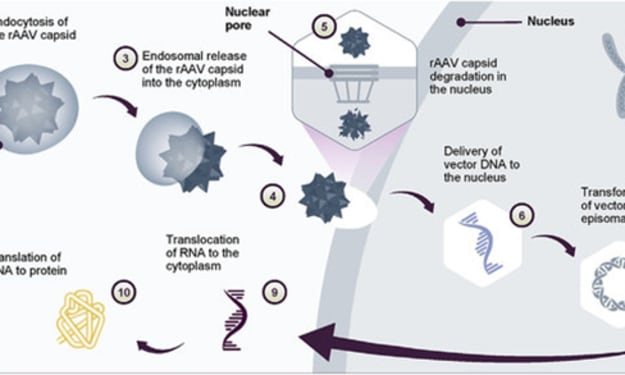Deciding your friend is real friend or not
Deciding your friend is real friend or not

Do you ever feel like your friend might not really be your friend? Like they're not really looking out for you? Well, a real friend is someone who cares about you and is always honest with you. But if you've been feeling weird about your friend lately, it might be time to figure out if they're a true friend or a bad one. Here are six signs that they might not be a real friend.
Number 1
Do you ever feel like your friend doesn't really care about your life? A true friend will ask about your day and actually listen to what you have to say. If your friend is always interrupting you or seems more interested in talking about themselves, they might not be a genuine friend. A real friend will show support and care about what's going on in your life. So, make sure you're being a good friend too and showing them the same support and care.
Number 2
Sometimes, friends can let you down. They might not be there for you when you really need them. Real friends are the ones who stick by you, especially when things are tough. If your friend only talks about themselves and their problems, and doesn't care about yours, they might not be a true friend. You might listen to all their worries and problems, but when it's your turn to talk, they might interrupt you or not even ask how you're doing. That's not fair. If this happens a lot, it's not a good sign. They might be taking all your positive energy and not giving any back. If you still want to be friends, try talking to them about how you feel. If they don't listen, it might be time to find a new friend.
Number 3
Some friends might not be very nice to you. They might say mean things and make you feel bad about yourself. But a real friend should never be like that. A true friend should always support you and encourage you to do your best. Sometimes, a good friend might give you advice on how to improve, but they will always do it in a nice way. If someone is always mean to you and makes you feel bad, they are not a good friend. A good friend will always be honest with you, but they will never be mean or hurtful.
Number 4
Do your friends say sorry when they mess up? If they do, do they really mean it? If they don't apologize or their apologies don't sound genuine, that's not a good sign. If your friend doesn't care about your feelings and ignores your concerns, they might not be a true friend. And if they do apologize but say something like "I'm sorry you feel that way," that's not really taking responsibility for their actions. Real friends can admit when they're wrong and try to fix things. Do you do the same?
Number 5
Have you ever noticed that some friends keep track of all the times you mess up? It's like they have a scoreboard in their head and they add a point every time you do something wrong. This is called holding a grudge. It's not a good thing to do in a friendship. Toxic friendships often involve one or both friends keeping score of mistakes the other has made. When you upset them or get into an argument, they'll bring up all the bad things you've done in the past. This can make arguments worse and hurt your friendship. A good friend is honest and listens to your concerns. They don't keep score of your mistakes. If your friend is acting harmful towards you, it's important to talk to them about it. Have a healthy, open discussion so things don't get worse. If they still don't listen, you might have to decide if they're really a good friend or not. Remember, healthy friendships involve constructive discussions, not toxic fights.
Number 6
Have you ever felt unhappy or insecure around your friend? It's normal to not always feel your happiest self, but if your friend makes you feel bad about yourself, that's not okay. A toxic friend might make snide remarks or act like they're better than you to make themselves feel better. A good friendship should make both people feel happy and respected. Pay attention to how you feel after spending time with your friend. Do you feel discouraged or insecure? If so, you might have a toxic friend. It's important to talk to them about how you feel or consider ending the friendship. If you notice negative behavior in yourself, work on changing it. Apologize for any mistakes and try to make things right. With effort, your friendship might be able to get back on track.
About the Creator
Enjoyed the story? Support the Creator.
Subscribe for free to receive all their stories in your feed. You could also pledge your support or give them a one-off tip, letting them know you appreciate their work.





Comments
There are no comments for this story
Be the first to respond and start the conversation.